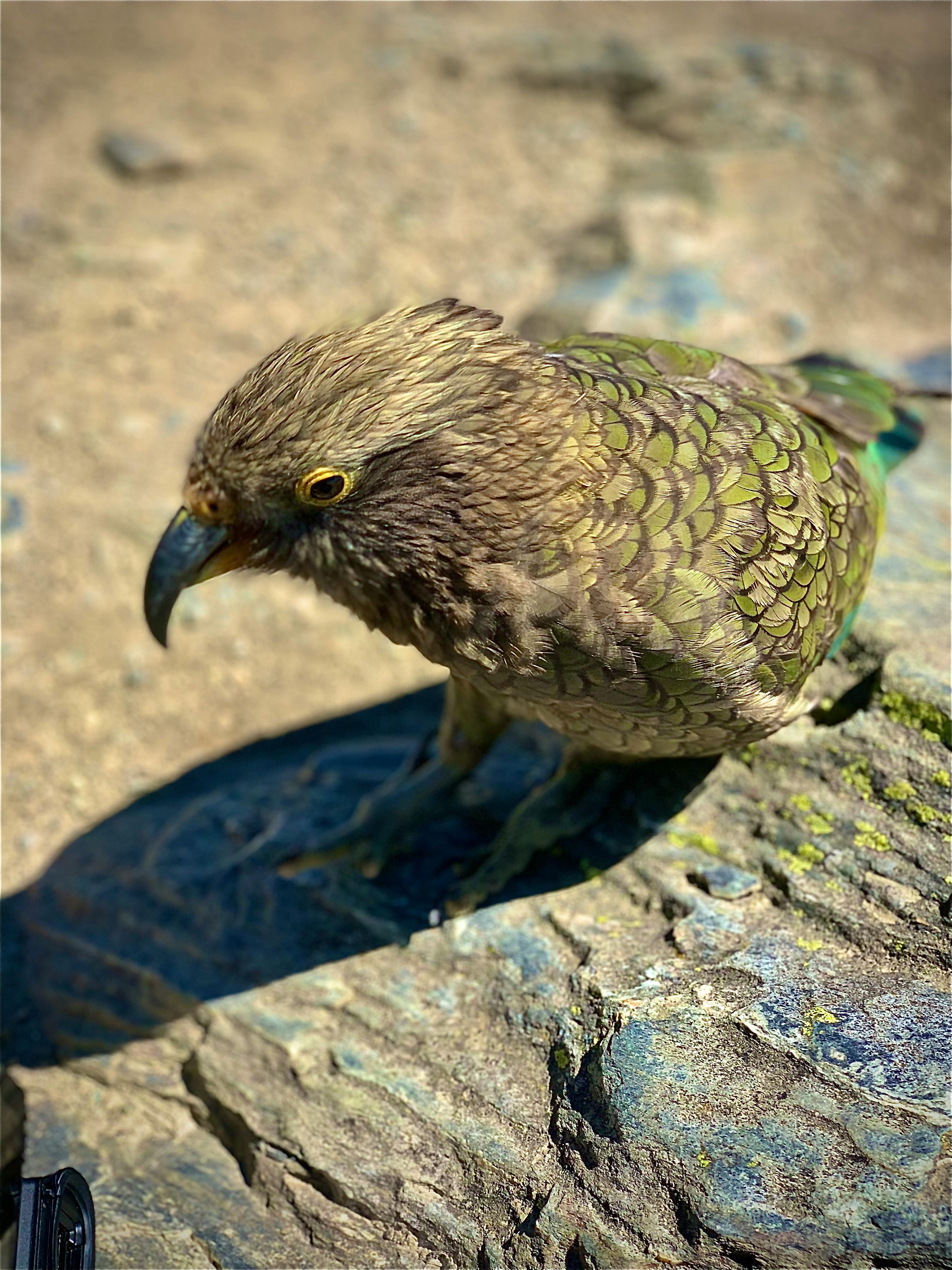Effective Ways to Ensure a Healthy Betta Fish in 2025

Effective Ways to Ensure a Healthy Betta Fish in 2025
Betta fish, also known as Siamese fighting fish, are popular pets among fish enthusiasts due to their vibrant colors and unique personalities. Understanding how to maintain a healthy betta fish is crucial for any owner. A well-cared-for betta can live up to 5 years or more, but this lifespan heavily relies on proper betta fish care, including diet, habitat, and social environment.
This article covers essential aspects of betta fish health management, from setting up the ideal betta fish tank and understanding their nutritional needs to recognizing signs of illness. We will also explore advanced care tips and share common challenges and solutions. By the end of this piece, you’ll be well-prepared to nurture your betta fish and ensure its happiness and vitality.
Key takeaways include tips on optimal tank conditions, feeding guidelines, and disease prevention strategies. Join us as we delve into the world of betta fish care!
Setting Up an Ideal Betta Fish Habitat
Creating a suitable betta fish habitat is pivotal for their health. The right setup will replicate their natural environment, leading to less stress and a healthier fish.
Essential Tank Size and Equipment
When considering a betta fish tank, opt for a minimum of 5 gallons. Smaller tanks can lead to rapid changes in water quality, which can stress your fish. Equip the tank with a quality betta fish filter to maintain clean water and a heater to stabilize the betta fish temperature, ideally between 76°F and 82°F.
Water Quality and Chemistry
Maintaining optimal betta fish water quality involves regular testing. Ensure the pH level ranges from 6.5 to 7.5, and avoid toxic substances by using a dechlorinator. Regular water changes, about 20% weekly, are necessary to remove waste and maintain a healthy environment.
Decor and Plants
Incorporating plants not only enhances the aesthetics but also provides hiding spots that make your betta feel secure. Use live plants like java fern or anacharis, and avoid sharp decorations that could injure their delicate fins. Create a natural habitat for your betta by introducing betta fish plants and smooth decorations.
Feeding Practices for Optimal Betta Fish Nutrition
Nutrition plays a crucial role in the health of your betta. They have specific dietary needs that can affect their overall well-being.
Choosing the Best Food for Betta Fish
Selecting the best food for betta fish is essential. A high-quality diet should include both pellets and frozen or live foods like bloodworms or brine shrimp, ensuring a balanced intake of protein and nutrients.
Feeding Schedule and Frequency
Establishing a consistent betta fish feeding schedule helps maintain their health. Feed your betta 2-3 times a day, offering small amounts they can consume in about 2 minutes to prevent overfeeding and pollution of the tank.
Signs of Healthy Betta Fish
Monitoring their eating habits is important; a healthy betta will eagerly consume food. Look for signs of a well-nourished fish, such as vibrant colors, active swimming, and healthy fins. Conversely, if your betta is not eating or shows signs of lethargy, these may be indications of underlying health issues.

Understanding Betta Fish Health Issues and Disease Prevention
Like all pets, betta fish are susceptible to diseases. Knowledge of common betta fish diseases and their symptoms is vital for prompt treatment.
Common Betta Fish Diseases
Some prevalent conditions include ich, fin rot, and velvet disease. Ich is identifiable by white spots on the fish, while fin rot may present ragged edges on fins, usually due to poor water conditions. Understanding these issues will aid in quick diagnosis and treatment.
Preventive Measures for Betta Fish Health
Preventive care includes maintaining water quality, enriching their environment, and proper feeding practices. Regular observation of your fish can help recognize signs of stress or disorder early.
Disease Treatment and Management
If your betta shows symptoms of illness, immediate treatment is crucial. Isolation in a hospital tank can prevent the spread of disease. Appropriate medications are available for various conditions, while stress-reducing techniques may help in recovery.
Enhancing Betta Fish Lifestyle Through Enrichment
Beyond the basics, enriching your betta's life is vital for its well-being. Betta fish thrive in environments that stimulate their natural behaviors.
Creating Interactive Environments
Adding toys like floating logs or mirrors can encourage natural behaviors such as exploring and bubble nesting, contributing to their mental stimulation.
Optimal Tank Mates for Betta Fish
While male bettas are aggressive, females can live peacefully together or with compatible non-aggressive species. Understanding betta fish compatibility can help in creating a peaceful community tank.
Regular Maintenance for Healthy Betta Fish
Routine maintenance is critical. Regularly check the tank’s temperature, water quality, and overall environment. Keeping your betta’s home clean will significantly reduce health risks and promote a happy, active fish.

Breeding Betta Fish: A Care Guide
If you're interested in breeding your bettas, preparation is key. Breeding introduces additional complexities to their care.
Betta Fish Breeding Basics
Understanding betta fish breeding requires knowledge of their reproductive needs. Males create bubble nests while courting females, an essential part of the breeding process.
Watch for Signs of Breeding Readiness
Healthy bettas will exhibit specific behaviors when ready to breed, including increased activity and color vibrancy. Ensuring the proper environmental conditions is vital for successful spawning.
Care for Betta Fry
After spawning, male bettas will guard the eggs. Once they hatch, fry need exceptionally fine food and careful management of their environment to thrive.
Conclusion: Ensuring Your Betta Fish Thrives
Proper care and understanding of betta fish is essential for ensuring their happiness and longevity. By setting up the right habitat, feeding them correctly, and monitoring their health, you can enjoy a thriving betta fish for years to come. Remember the importance of enriching their lives and staying informed about any potential health issues. This holistic approach to keeping betta fish will not only lead to a beautiful aquarium but also a fulfilling experience as a fish owner.